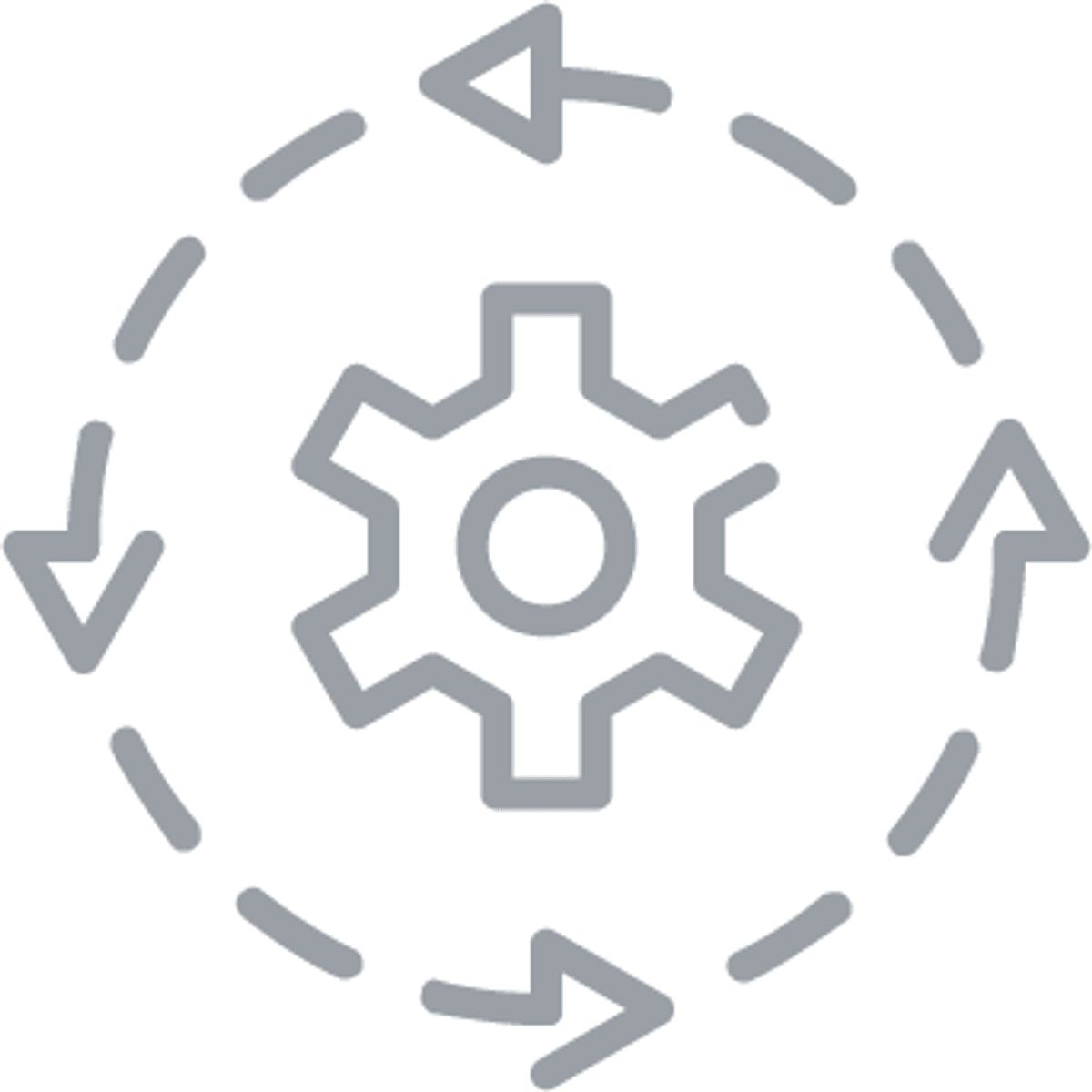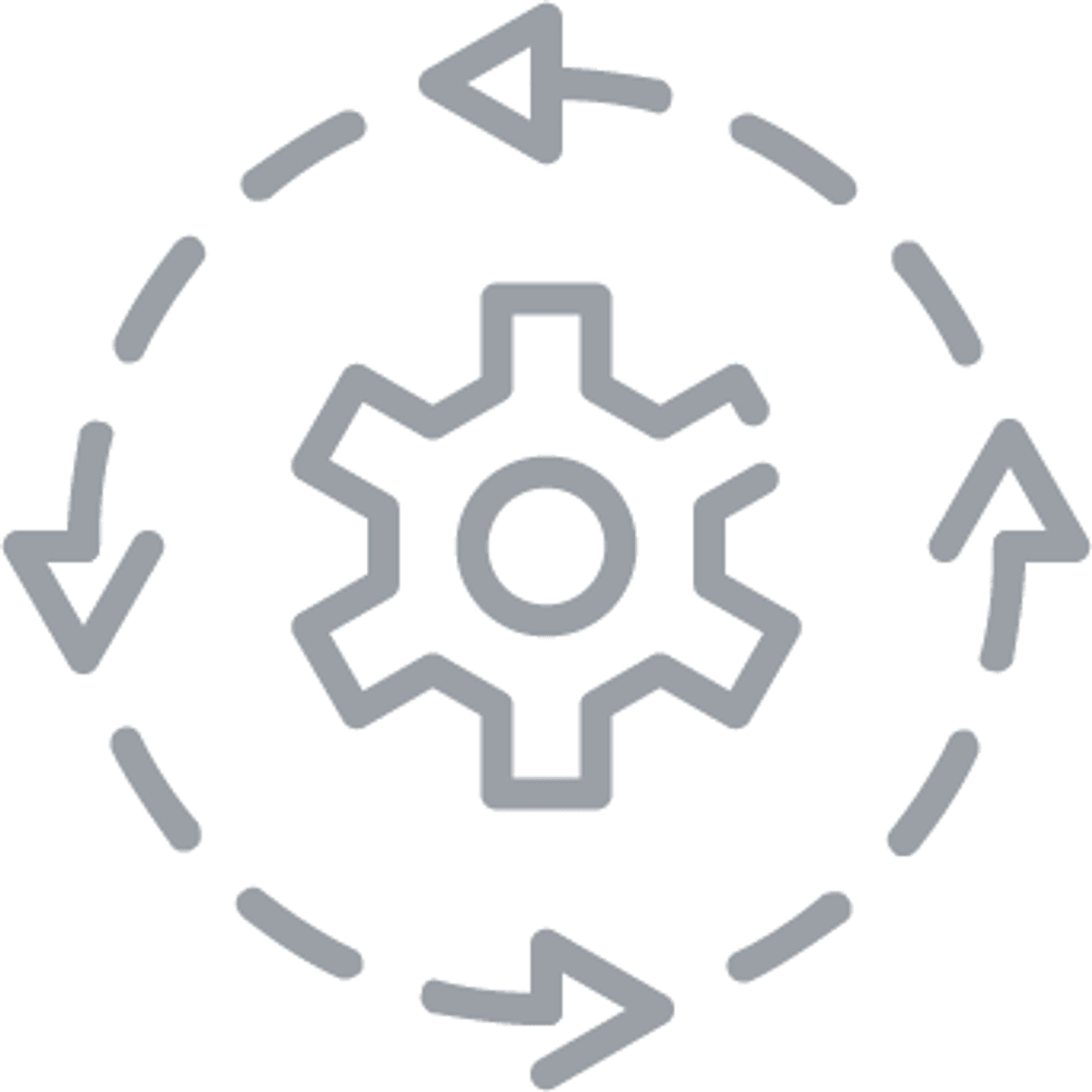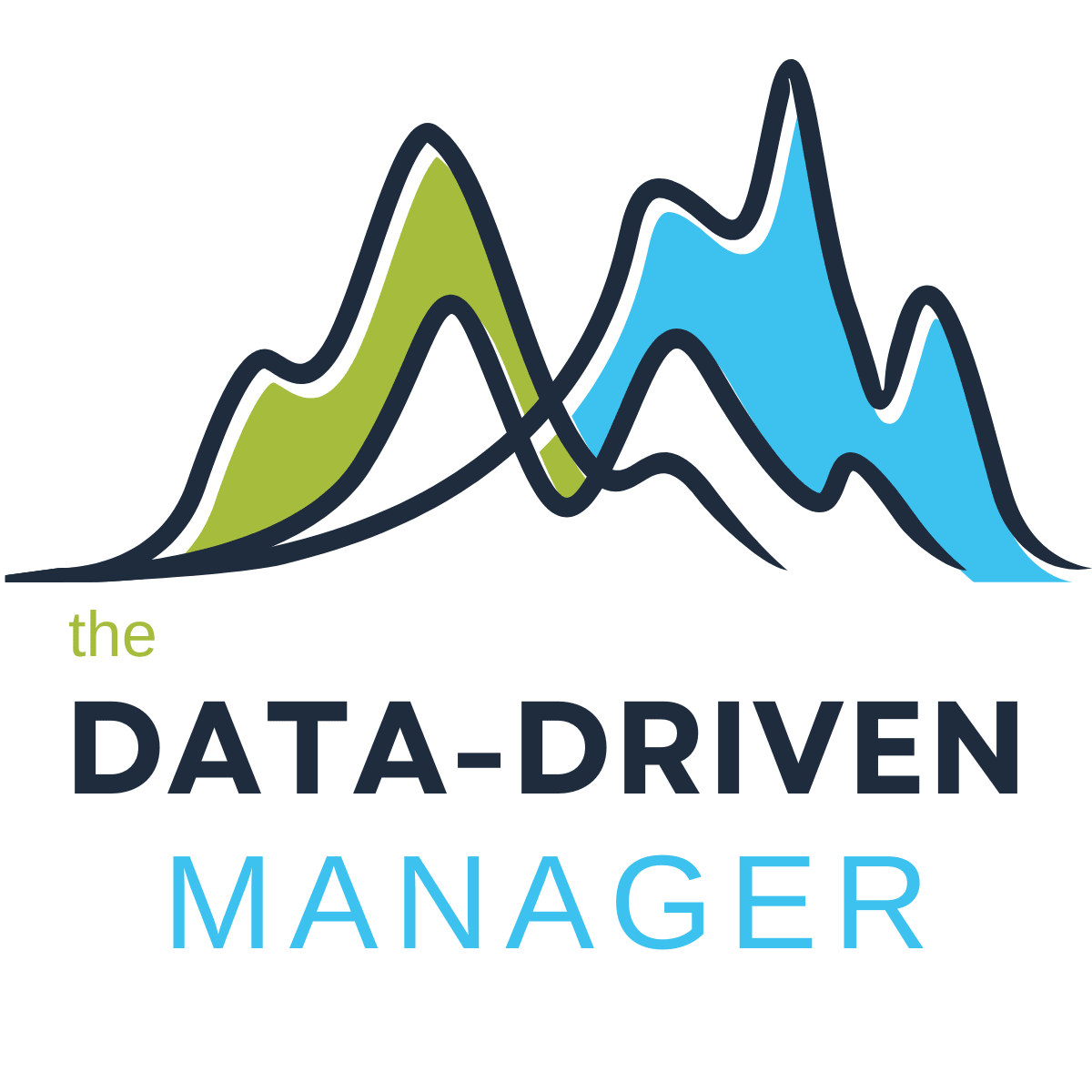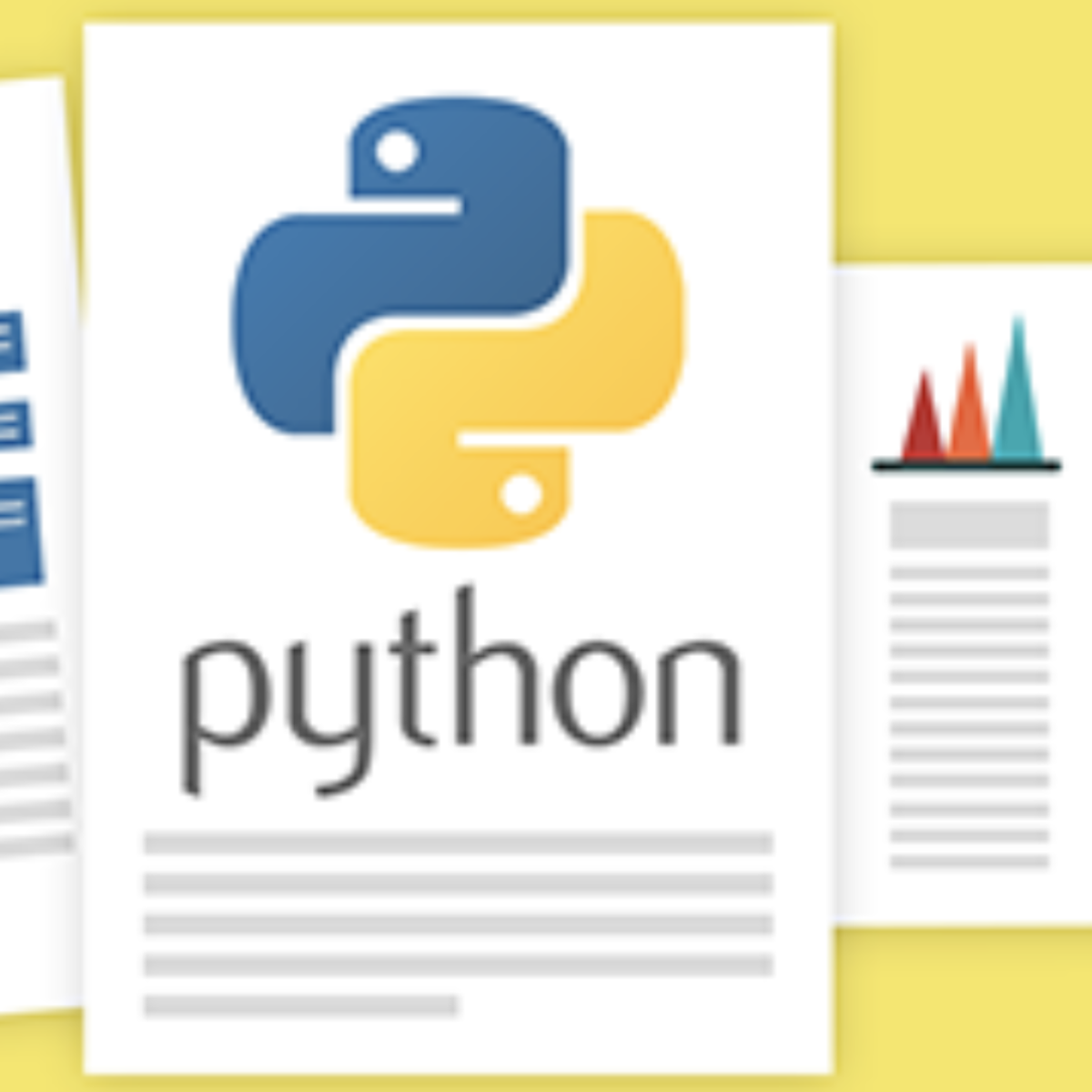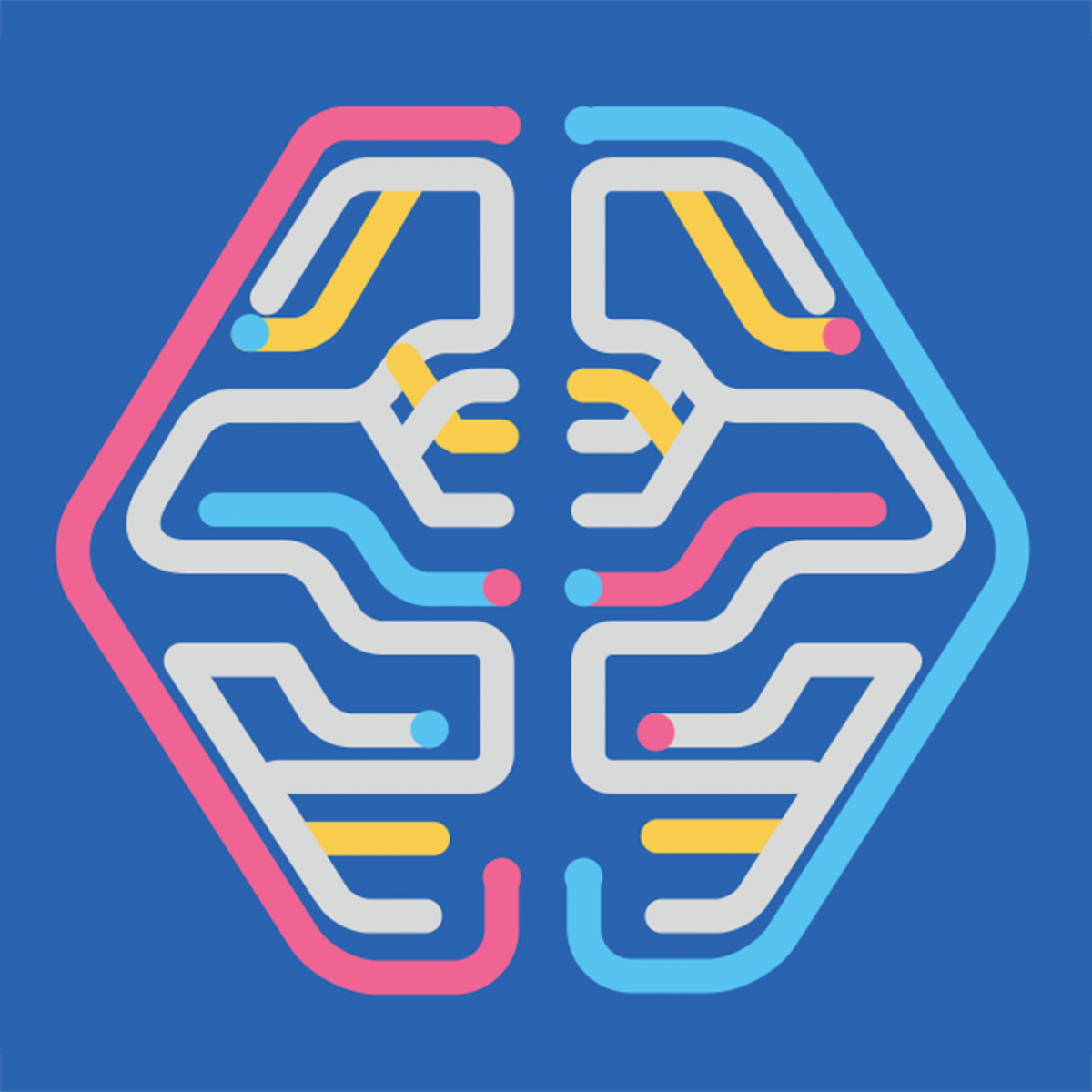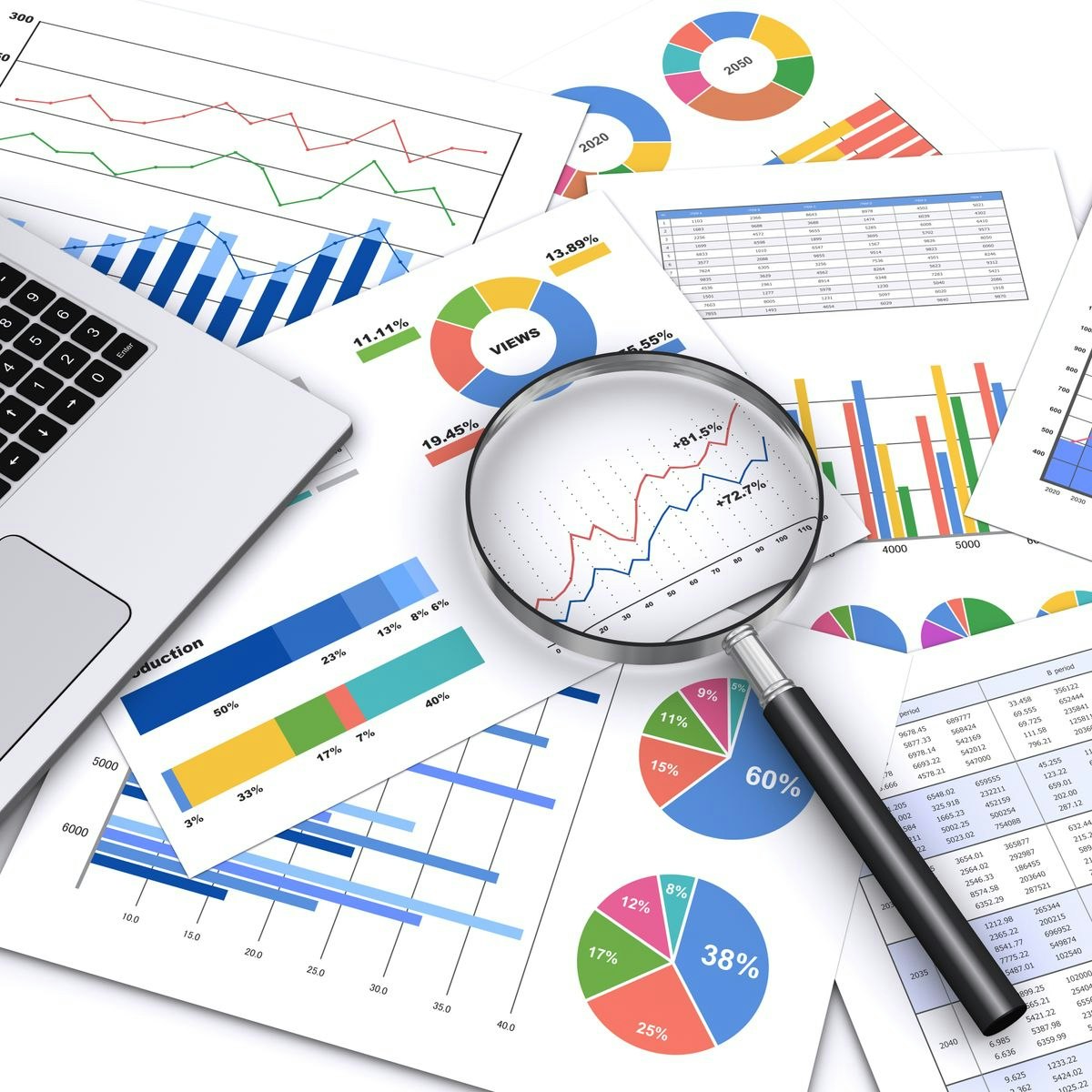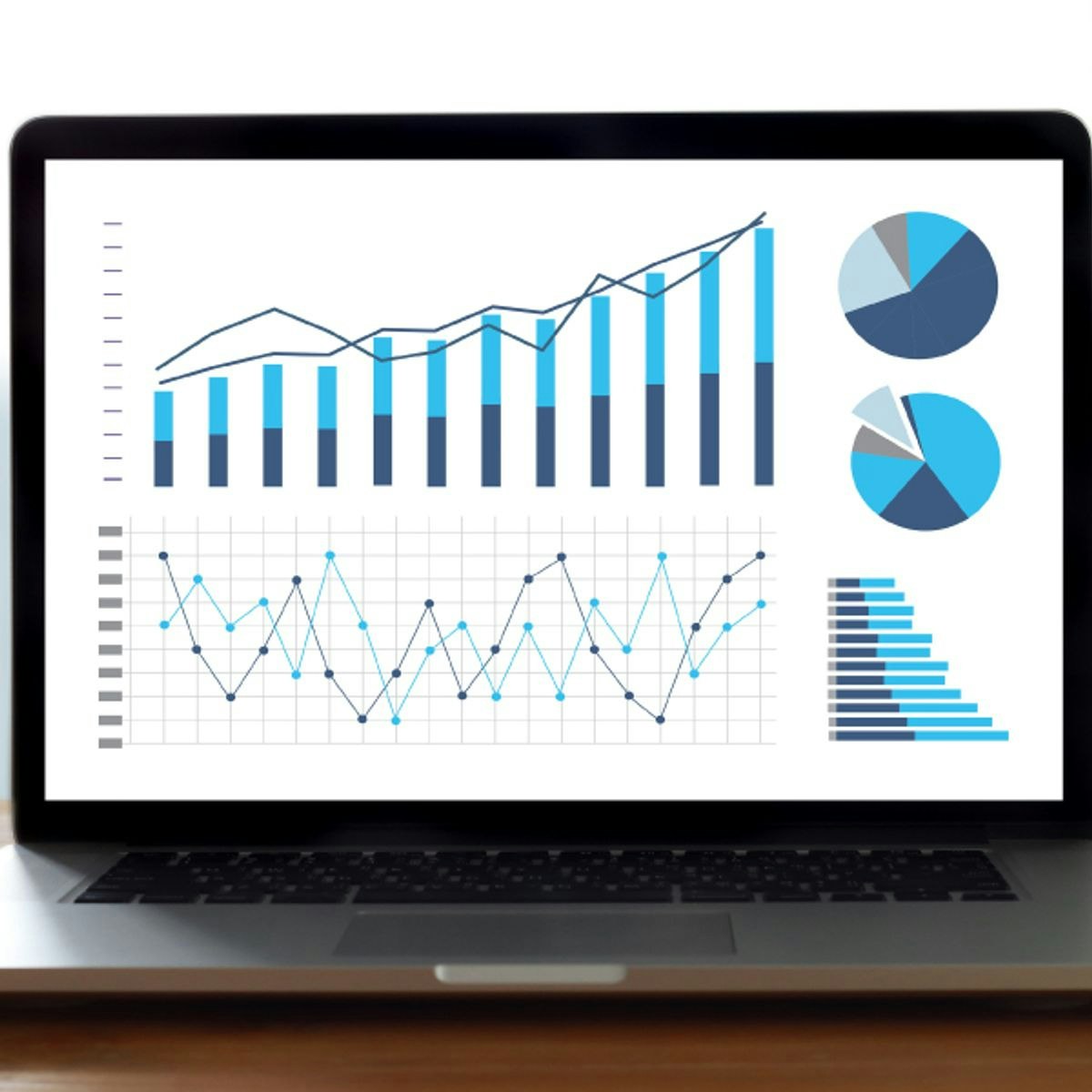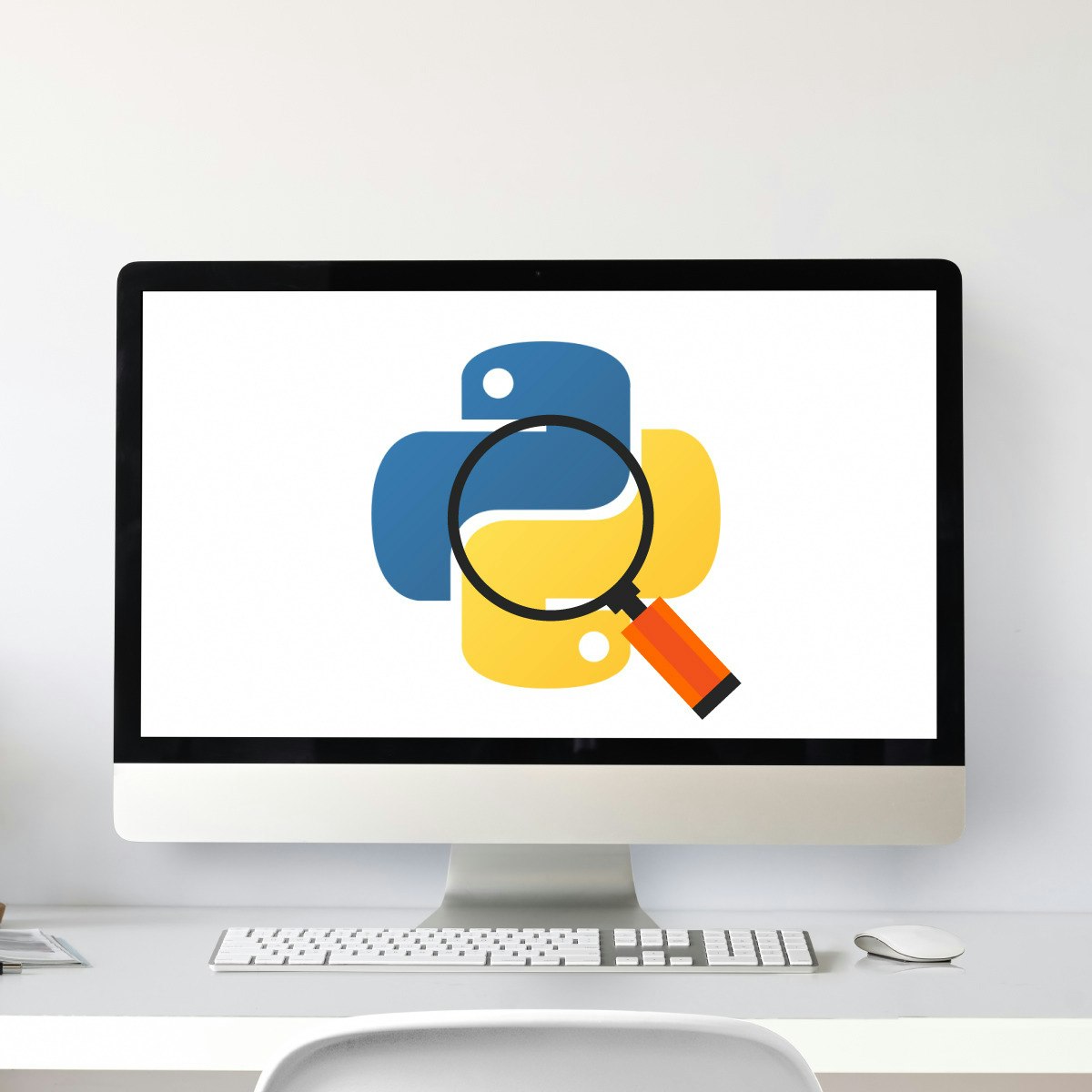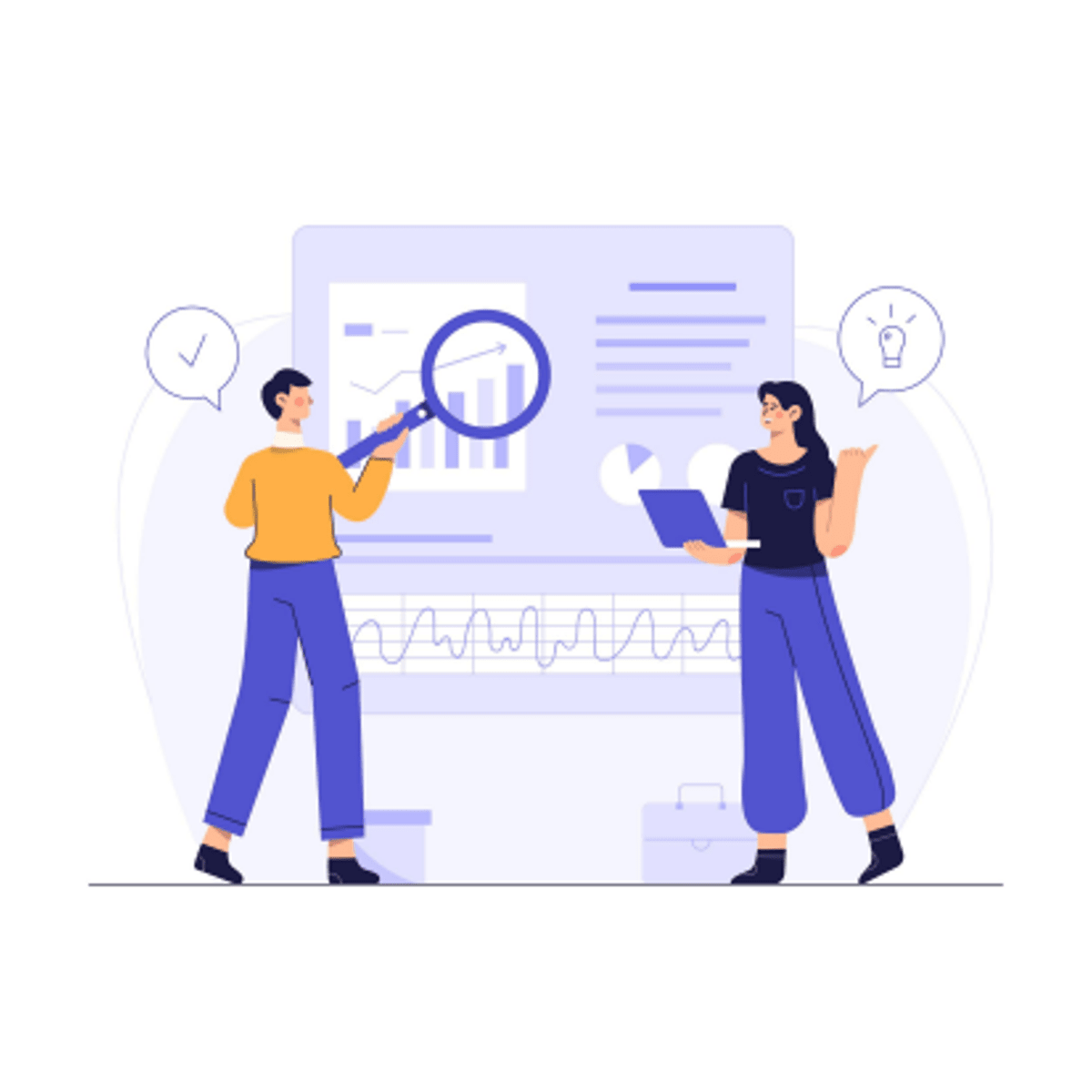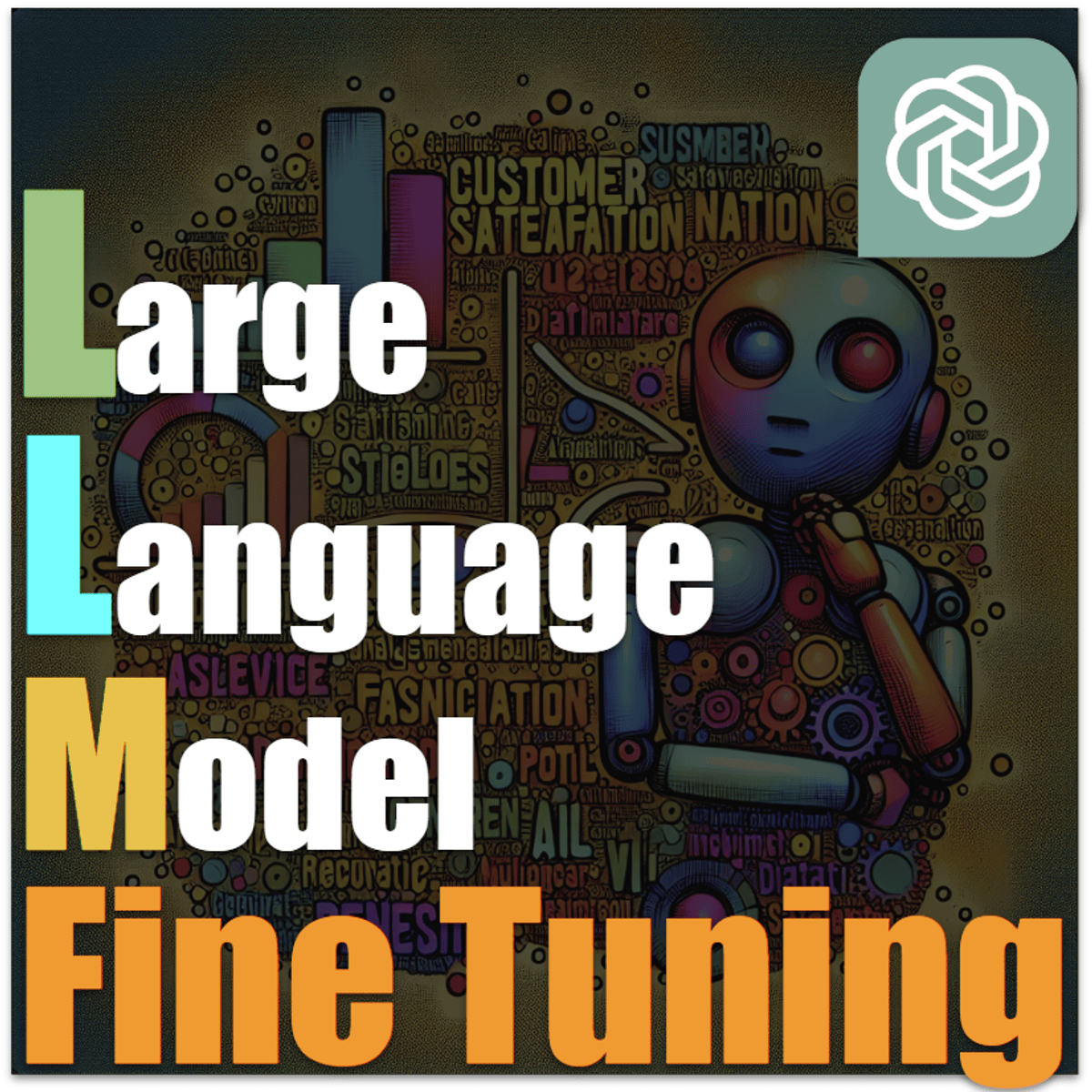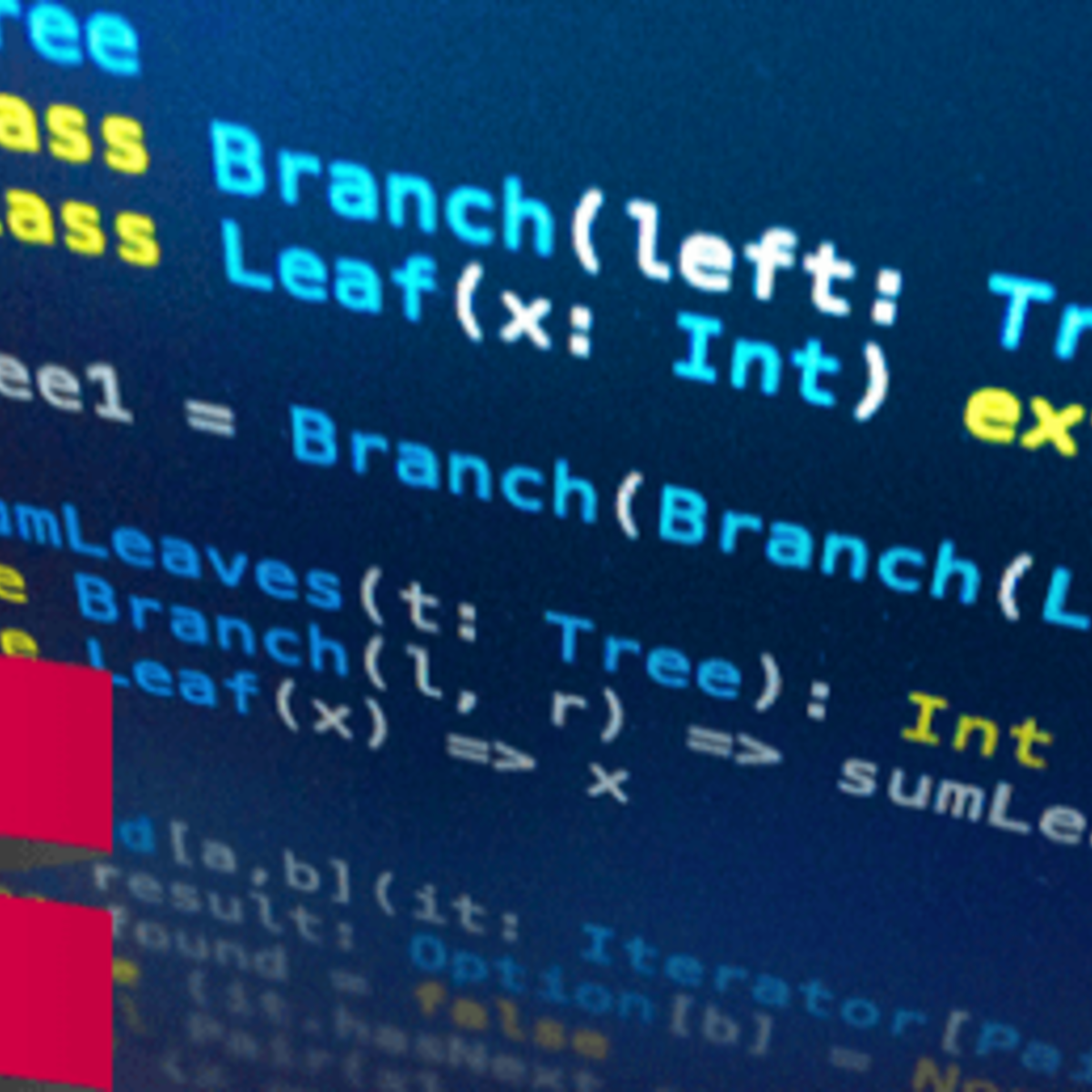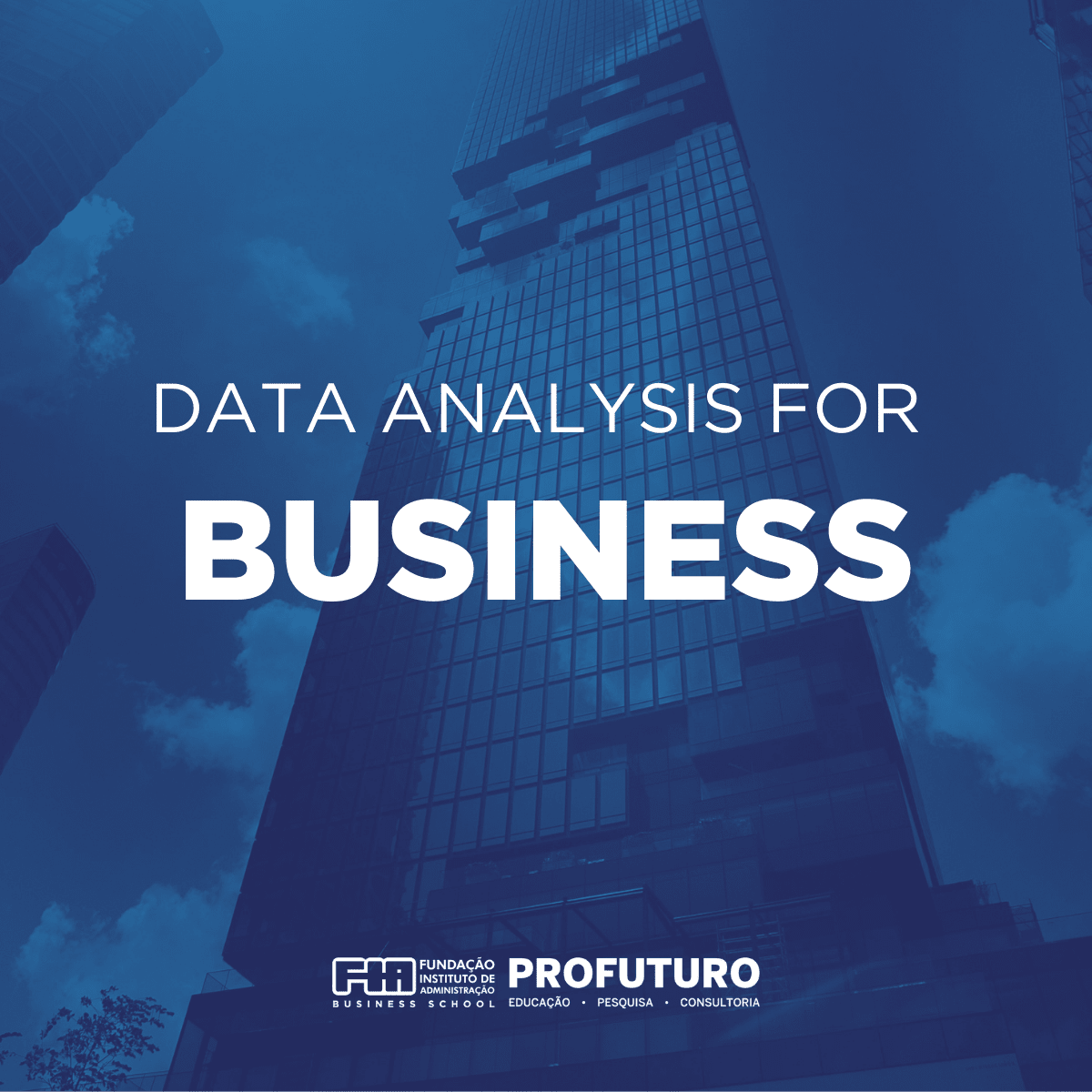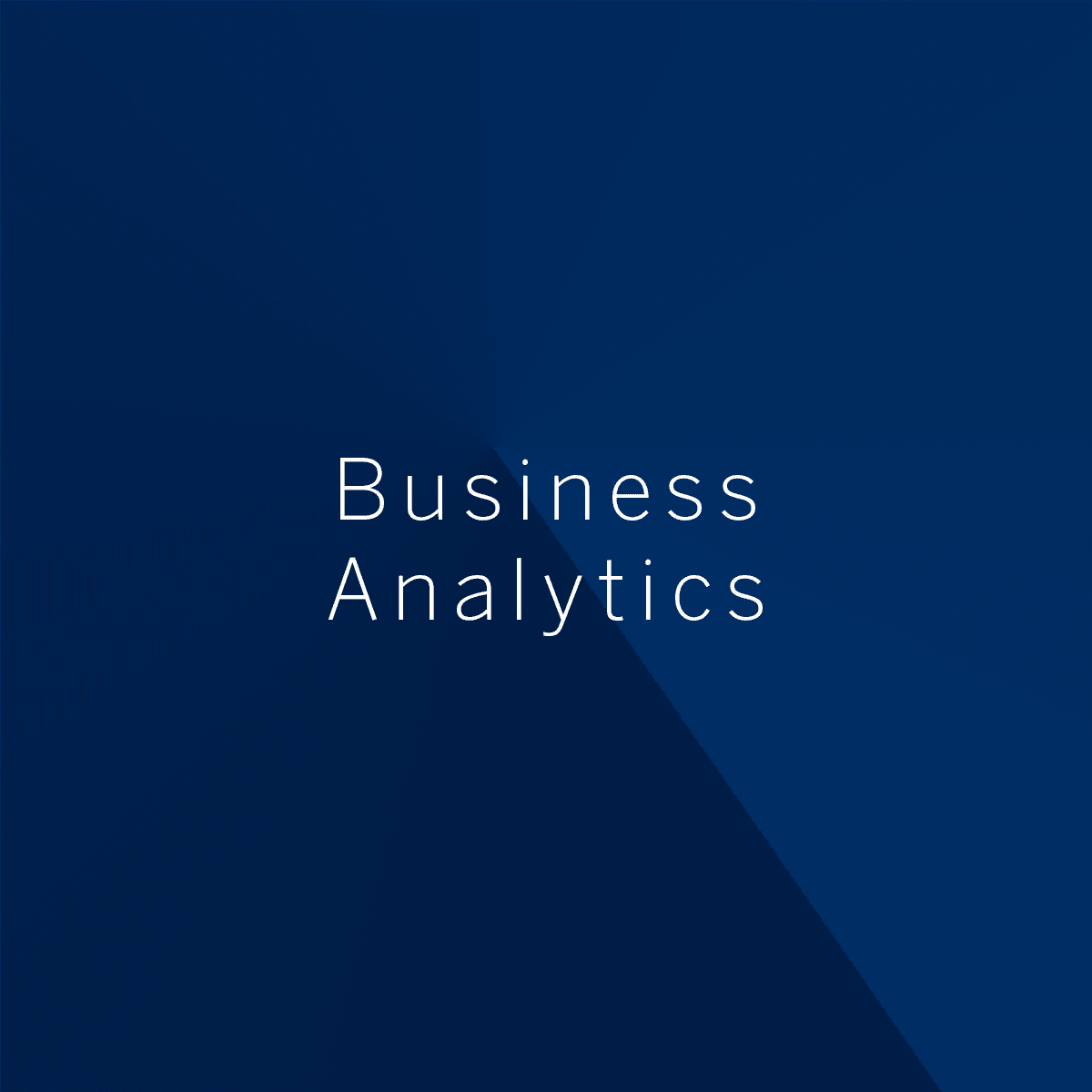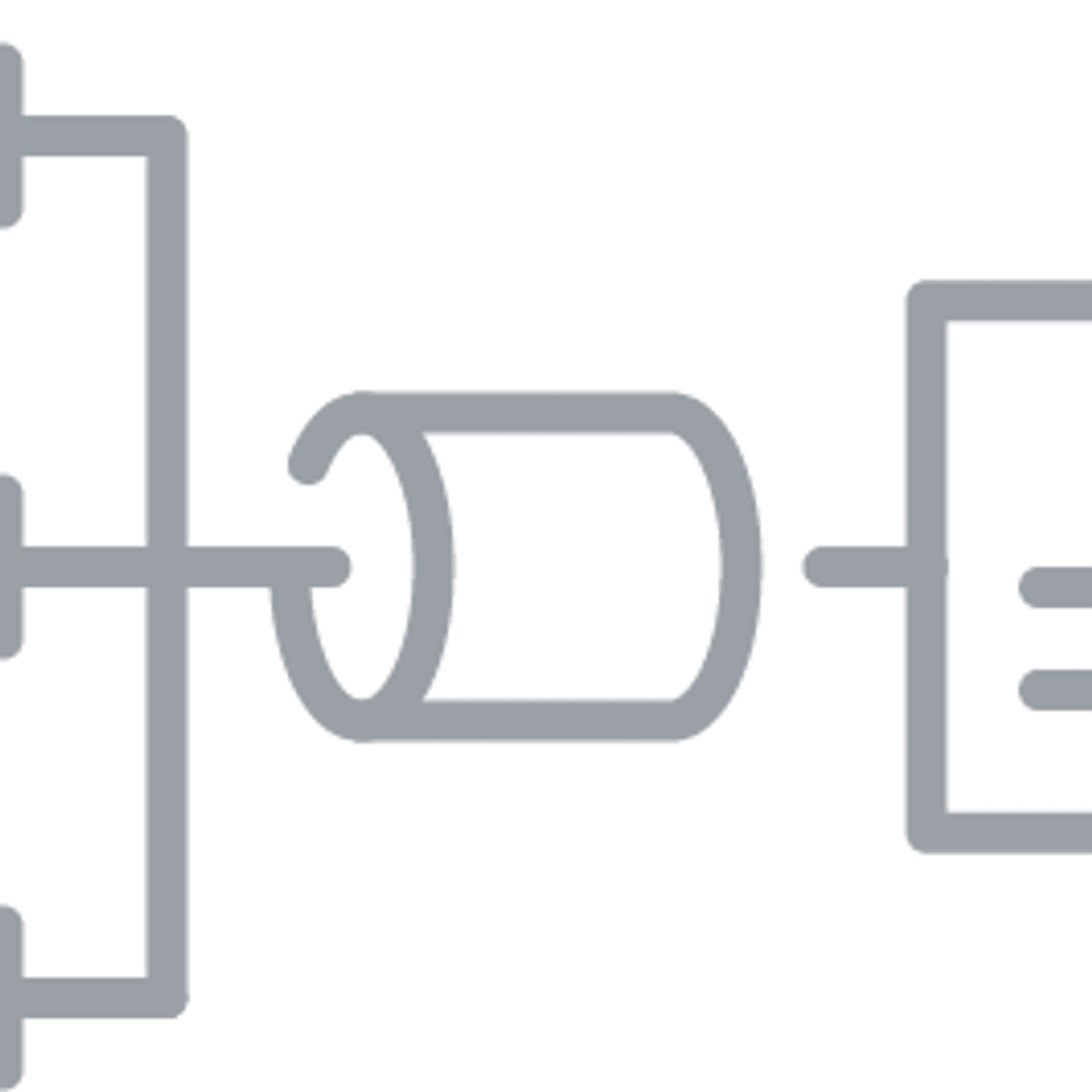Data Analyst
Data Analyst: A Comprehensive Career Guide
A Data Analyst is a professional who collects, processes, and performs statistical analyses on large datasets. They translate numbers, trends, and trajectories into plain language that organizations can use to make better business decisions. In essence, data analysts are storytellers who use data to uncover insights and help organizations understand performance, identify opportunities, and solve problems.
Working as a data analyst can be deeply engaging. You might find excitement in the detective work of finding patterns hidden within vast amounts of information. There's also the satisfaction of using technical skills to clean messy data and build informative visualizations. Furthermore, the ability to translate complex findings into actionable strategies that impact organizational direction offers a unique sense of accomplishment.
What is a Data Analyst?
Let's delve deeper into the role of a data analyst and its place in the modern world of information.
Defining the Data Analyst Role
At its core, a data analyst gathers data from various sources, ensures its quality and accuracy, and then uses analytical techniques to identify trends, correlations, and patterns. This involves cleaning data to remove errors or inconsistencies, transforming it into usable formats, and applying statistical methods or creating models.
The scope is broad, touching many parts of an organization. Analysts might examine sales figures, website traffic, customer feedback, supply chain logistics, or market research data. Their goal is to answer specific questions posed by the business, such as "What factors are driving customer churn?" or "Which marketing campaigns yielded the best return on investment?".
Ultimately, data analysts bridge the gap between raw data and strategic action. They don't just report numbers; they interpret them, providing context and meaning. Their findings often form the basis for crucial business decisions, helping organizations navigate challenges and seize opportunities more effectively.
Industries Employing Data Analysts
Data analysts are in demand across nearly every industry imaginable. Businesses in finance rely on analysts to detect fraud, assess risk, and optimize investment strategies. Healthcare organizations use data analysis to improve patient outcomes, manage resources, and track disease outbreaks.
Retail companies employ analysts to understand customer purchasing behavior, manage inventory, and personalize marketing efforts. Technology firms analyze user data to improve products and services. Even government agencies and non-profits utilize data analysts to inform policy, allocate resources efficiently, and measure program impact.
This widespread need stems from the universal value of data-driven decision-making. Regardless of the sector, organizations that effectively leverage their data gain a significant competitive advantage. As more businesses recognize this, the demand for skilled data analysts continues to grow, making it a versatile and resilient career choice.
Here are some resources to help you get started with the foundational concepts of data analysis and its applications across different fields.
Comparing Data Analyst, Data Scientist, and Business Analyst
While the titles "Data Analyst," "Data Scientist," and "Business Analyst" are sometimes used interchangeably, they represent distinct roles with different focuses, though there is often overlap. A Data Analyst typically focuses on examining large datasets to identify trends, develop charts, and create visual presentations to help businesses make more strategic decisions. They often work with existing data and focus on descriptive and diagnostic analytics (what happened and why).
A Data Scientist often deals with more complex, unstructured data and employs advanced techniques like machine learning and predictive modeling. Their work might involve building algorithms, developing data products, and forecasting future outcomes (predictive and prescriptive analytics). They often require stronger programming skills and a deeper understanding of statistics and machine learning.
A Business Analyst typically focuses more on understanding business needs, gathering requirements, and improving processes. While they may use data, their primary role is often bridging the gap between business stakeholders and IT or technical teams, focusing on solutions and system improvements rather than deep statistical analysis. Data Analysts, in contrast, concentrate more directly on extracting insights from the data itself.
Key Responsibilities of a Data Analyst
Understanding the day-to-day tasks of a data analyst provides a clearer picture of what the job entails.
Data Collection, Cleaning, and Preprocessing
A significant portion of a data analyst's time is spent on acquiring and preparing data. This begins with identifying and accessing relevant data sources, which could range from internal databases and spreadsheets to external APIs and public datasets. Data rarely arrives in a perfect state; it's often incomplete, inconsistent, or contains errors.
Data cleaning, or data wrangling, is the crucial process of identifying and correcting these issues. This might involve handling missing values, standardizing formats (like dates or addresses), removing duplicates, and resolving conflicting information. This step ensures the data's quality and reliability, forming a solid foundation for accurate analysis.
Preprocessing involves transforming the cleaned data into a format suitable for analysis tools or models. This could include structuring the data, creating new variables from existing ones (feature engineering), or aggregating data to the required level. Thorough preparation is vital; garbage in, garbage out applies strongly in data analysis.
These courses offer practical skills in data wrangling and preparation using various tools.
Statistical Analysis and Visualization
Once the data is prepared, the analyst applies statistical methods to explore it. This involves using techniques ranging from basic descriptive statistics (like mean, median, mode, and standard deviation) to more complex inferential statistics (like hypothesis testing, correlation analysis, and regression analysis) to uncover relationships and patterns.
The goal is to move beyond simple observation to understanding the significance of findings. For example, is an observed increase in sales statistically significant, or could it be due to random chance? What factors are most strongly correlated with customer satisfaction?
Visualization is key to both understanding the data and communicating findings. Analysts use tools to create charts, graphs, and dashboards that represent complex data visually. Effective visualizations make trends and insights immediately apparent, facilitating easier comprehension for stakeholders who may not have a statistical background.
Consider these courses for developing your statistical analysis and visualization skills.
Translating Insights into Actionable Recommendations
Perhaps the most critical responsibility is translating analytical findings into clear, concise, and actionable business recommendations. Data analysis isn't just about finding patterns; it's about explaining what those patterns mean for the organization and suggesting concrete steps to take based on those insights.
This requires strong communication and storytelling skills. Analysts must present their findings to diverse audiences, including managers, executives, and non-technical colleagues. They need to tailor their communication style, avoiding jargon where necessary and focusing on the business implications of the data.
An effective analyst doesn't just present charts; they weave a narrative that explains the 'so what?' behind the data. They might recommend changes to marketing strategies, improvements to operational processes, or new product features, always grounding their suggestions in the evidence derived from the data analysis.
Essential Skills for Data Analysts
Becoming a successful data analyst requires a blend of technical expertise and strong soft skills.
Technical Proficiency
Strong technical skills form the bedrock of data analysis. Proficiency in SQL (Structured Query Language) is almost universally required, as it's the standard language for querying and manipulating data stored in relational databases.
Expertise in spreadsheet software, particularly Microsoft Excel, is also fundamental. Excel is widely used for data cleaning, basic analysis, and visualization, especially in smaller organizations or for initial exploratory work.
Knowledge of programming languages like Python or R is increasingly important. These languages offer powerful libraries (like Pandas, NumPy, Matplotlib in Python, or dplyr, ggplot2 in R) for data manipulation, statistical analysis, and visualization, enabling more complex analyses than spreadsheets alone.
These courses provide in-depth training in essential technical tools for data analysts.
Analytical and Problem-Solving Abilities
Beyond tools, data analysts need sharp analytical minds. This involves critical thinking – the ability to look at data objectively, question assumptions, and evaluate evidence logically. They must identify relevant patterns and distinguish meaningful insights from noise.
Problem-solving is central to the role. Analysts are often tasked with answering complex business questions or diagnosing issues. This requires breaking down problems into smaller, manageable parts, formulating hypotheses, designing analytical approaches to test them, and interpreting the results in the context of the original problem.
Intellectual curiosity is also a valuable trait. A good analyst is driven to explore the data deeply, ask probing questions, and seek understanding beyond the surface level. They are comfortable working with ambiguity and persistent in finding solutions.
Developing analytical thinking requires practice. These resources can help hone those skills.
Communication and Stakeholder Management
Technical skills are insufficient without the ability to communicate findings effectively. Data analysts must translate complex technical results into clear, understandable language for non-technical audiences. This includes creating compelling visualizations and delivering engaging presentations.
Stakeholder management is also crucial. Analysts need to understand the needs and perspectives of different business units, collaborate effectively with colleagues from various backgrounds, and manage expectations regarding timelines and deliverables. This often involves active listening and asking clarifying questions to ensure the analysis addresses the core business problem.
Persuasion and influence are often necessary to ensure that data-driven recommendations are adopted. Analysts need to build trust and credibility with stakeholders, clearly articulating the rationale behind their findings and the potential impact of their suggestions.
Tools and Technologies in Data Analysis
Data analysts utilize a variety of software and platforms to perform their work effectively.
Data Visualization Tools
Data visualization tools are essential for transforming raw data into understandable graphical representations. Popular choices include Tableau and Microsoft Power BI. These platforms allow analysts to create interactive dashboards, charts, and maps with relative ease, often through drag-and-drop interfaces.
These tools enable users to explore data visually, identify trends quickly, and share insights across an organization. They connect to various data sources and offer features for data preparation, calculation, and collaboration. Proficiency in at least one major visualization tool is highly valuable for data analysts.
Other tools like Qlik Sense, Looker (now part of Google Cloud), and libraries within Python (Matplotlib, Seaborn) or R (ggplot2) also serve this purpose, offering different features and levels of customization.
These courses provide hands-on experience with leading visualization platforms.
Database Management Systems
Since much of the data analysts work with resides in databases, familiarity with Database Management Systems (DBMS) is crucial. Relational databases, which organize data in tables, are the most common. Analysts frequently use SQL to interact with RDBMS like MySQL, PostgreSQL, Microsoft SQL Server, and Oracle.
Understanding database concepts like schemas, tables, keys, and relationships is essential for writing efficient queries and extracting the correct data. While deep database administration skills aren't always required, a solid working knowledge of how databases store and manage data is fundamental.
In addition to traditional relational databases, analysts may encounter NoSQL databases (like MongoDB) or data warehouses and data lakes designed for large-scale analytics (like Snowflake, Amazon Redshift, Google BigQuery). Familiarity with these systems is becoming increasingly beneficial.
Emerging Tools and AI/ML Integration
The field of data analysis is constantly evolving, with new tools and technologies emerging. Artificial Intelligence (AI) and Machine Learning (ML) are increasingly integrated into analytical workflows. While deep ML expertise is typically the domain of data scientists, analysts benefit from understanding basic ML concepts and using tools that incorporate AI features.
AI-powered tools can automate aspects of data cleaning, suggest relevant visualizations, or even generate natural language summaries of data. Platforms like Google Cloud Vertex AI or Amazon SageMaker offer environments where analysts might collaborate with data scientists or utilize pre-built models.
Cloud platforms (AWS, Google Cloud, Microsoft Azure) are also central to modern data analysis, providing scalable storage, processing power, and specialized analytics services. Familiarity with cloud concepts and relevant services is a significant advantage for data analysts today.
These resources touch upon the integration of AI and ML in analytics.
Formal Education Pathways
Many data analysts enter the field through traditional academic routes, building a strong theoretical foundation.
Relevant Academic Degrees
A bachelor's degree is often the minimum requirement for entry-level data analyst positions. Common fields of study include Statistics, Mathematics, Economics, Computer Science, Information Systems, or Business Administration with a focus on analytics.
These programs provide foundational knowledge in quantitative methods, logical reasoning, and often include coursework in programming, databases, and statistical software. A strong quantitative background is highly valued by employers.
Advanced degrees, such as a Master's or Ph.D. in Data Science, Statistics, Business Analytics, or a related quantitative field, can open doors to more specialized or senior roles, particularly those involving complex modeling or research. However, a bachelor's degree combined with relevant skills and experience is sufficient for many data analyst positions.
Certifications and Specialized Programs
Beyond degrees, professional certifications can demonstrate specific skills and commitment to the field. Various organizations and software vendors offer certifications related to data analysis tools (like Tableau Certified Data Analyst or Microsoft Certified: Power BI Data Analyst Associate) or broader analytical competencies.
Universities and online platforms also offer specialized certificate programs focused on data analysis or data science. These programs are often shorter than degree programs and focus intensely on practical skills relevant to the industry. They can be a good option for those looking to gain specific expertise or pivot into the field from a different background.
Research and Advanced Opportunities
For those interested in pushing the boundaries of data analysis methodologies or working in highly specialized research environments (like academia, R&D departments, or specialized consulting), advanced academic pursuits are often necessary. A Master's degree or Ph.D. provides deep theoretical knowledge and research experience.
These advanced programs often involve conducting original research, contributing to statistical theory, developing new analytical techniques, or applying sophisticated methods to complex problems in fields like bioinformatics, astrophysics, or quantitative finance. Such roles require a strong aptitude for theoretical work and independent investigation.
While not the typical path for most data analysts focused on business applications, these advanced opportunities exist for those with a deep passion for research and discovery within the realm of data.
Online Learning and Skill Development
Formal education isn't the only path. Online learning offers flexible and accessible ways to acquire data analysis skills, whether you're starting fresh, supplementing existing education, or pivoting your career.
Structured vs. Self-Paced Online Learning
Online learning platforms provide a wealth of resources. Options range from structured programs, like professional certificates offered by companies like Google or IBM via platforms such as Coursera or edX, to individual self-paced courses on specific tools or techniques. Structured programs often offer a curated curriculum, guided projects, and sometimes career support services, mimicking a more traditional learning experience.
Self-paced learning offers flexibility, allowing you to focus on specific skills you need or learn at your own speed. OpenCourser helps you navigate this vast landscape, allowing you to search and compare thousands of courses from various providers. You can find courses on everything from foundational Mathematics and Statistics to specific software like Tableau or programming languages like Python.
The best approach depends on your learning style, budget, and time commitment. Many successful analysts combine structured learning for foundational knowledge with self-paced courses to master specific tools or stay updated on new technologies. Remember, the journey into data analysis is challenging but rewarding. Persistence and consistent effort are key, regardless of the path you choose.
These courses represent structured learning paths offered online.
Building a Portfolio with Hands-On Projects
Theoretical knowledge is important, but practical application is what truly solidifies skills and impresses potential employers. Online courses often include hands-on labs and projects. Actively engaging with these exercises is crucial for learning.
Beyond coursework, seek out opportunities to work on personal projects using publicly available datasets (from sites like Kaggle, government data portals, or specific organizations). Choose topics that genuinely interest you to maintain motivation. Document your process clearly – from defining the question and cleaning the data to performing the analysis and visualizing the results.
A well-documented portfolio showcasing diverse projects is compelling evidence of your abilities. It demonstrates not just technical proficiency but also your problem-solving skills and ability to derive insights from data. This portfolio is invaluable during job searches, often more so than certificates alone. OpenCourser's "Activities" section on course pages often suggests relevant project ideas to supplement your learning.
These project-focused courses offer practical experience for your portfolio.
Integrating Online and Formal Education
Online learning can effectively complement formal education or professional experience. University students can use online courses to gain practical skills in tools not covered extensively in their curriculum or to explore specialized areas. Professionals can use online resources for upskilling – learning new software, mastering advanced techniques, or staying current with industry trends.
For career changers, online courses and certificate programs can provide the specific skills needed to bridge the gap between their previous experience and the requirements of a data analyst role. Combining a relevant online certificate with a portfolio of strong projects can be a powerful strategy for entering the field, even without a directly related degree.
Ultimately, lifelong learning is essential in the dynamic field of data analysis. Leveraging both formal and online resources allows you to build a robust and adaptable skill set. Don't be discouraged if the learning curve feels steep; breaking down the journey into smaller milestones and celebrating progress can help maintain momentum. Resources like the OpenCourser Learner's Guide offer tips on structuring your self-learning path.
Career Progression and Opportunities
A career in data analysis offers various paths for growth and specialization as you gain experience.
Entry-Level Roles and Internships
Entry-level positions often carry titles like Junior Data Analyst, Data Analyst I, or Reporting Analyst. In these roles, you typically work under the guidance of senior analysts, focusing on tasks like data gathering, cleaning, basic analysis, and generating standard reports. Internships provide invaluable real-world experience and are highly recommended for students or recent graduates.
Building a strong foundation in core skills (SQL, Excel, basic statistics, a visualization tool) and demonstrating enthusiasm and a willingness to learn are key to landing these initial roles. A portfolio showcasing practical projects can significantly strengthen your application.
The early stages of your career are crucial for learning industry-specific context, understanding business processes, and honing your technical and communication skills. Seek feedback, ask questions, and embrace opportunities to work on diverse projects.
Preparing for interviews is crucial. This course specifically focuses on the job search process.
Mid-Career Specialization Paths
As data analysts gain experience, they often specialize. Some might focus on specific industries like finance, healthcare, or marketing, developing deep domain expertise. Others might specialize in particular types of analysis, such as marketing analytics, supply chain analytics, or financial analysis.
Technical specialization is also common. An analyst might become an expert in a particular tool (like becoming a Tableau guru) or delve deeper into specific techniques like time-series forecasting, A/B testing, or advanced SQL. Some may transition towards related roles like Data Engineering (focusing on data infrastructure) or Data Science (focusing on modeling and prediction).
Mid-career roles often involve more complex projects, greater autonomy, mentoring junior analysts, and interacting more directly with senior stakeholders. Titles might include Data Analyst II/III, Senior Data Analyst, or Analytics Specialist.
Leadership Roles in Data-Driven Organizations
With significant experience and demonstrated impact, data analysts can move into leadership positions. These might include roles like Lead Data Analyst, Analytics Manager, Business Intelligence Manager, or even Director of Analytics.
Leadership roles typically involve managing teams of analysts, setting analytical strategy, prioritizing projects, interfacing with executive leadership, and ensuring that analytical insights drive organizational decisions. These positions require strong technical foundations coupled with excellent leadership, communication, and strategic thinking skills.
Some experienced analysts may also transition into consulting roles, advising multiple clients on data strategy and analysis, or become independent contractors. The path depends on individual interests, skills, and organizational opportunities. Continuous learning and adapting to new technologies remain important throughout one's career.
Industry Trends Shaping Data Analysis
The field of data analysis is dynamic, influenced by technological advancements and evolving business needs.
Impact of AI and Automation
Artificial intelligence (AI) and automation are significantly impacting data analysis. AI tools can automate repetitive tasks like data cleaning and preparation, freeing up analysts to focus on higher-level analysis and interpretation. Augmented analytics platforms use AI to suggest insights, generate visualizations automatically, and even create natural language summaries of data.
While some fear AI will replace analysts, the more likely scenario is a shift in the required skill set. Analysts who can effectively leverage AI tools, understand their outputs critically, and focus on the uniquely human aspects of problem-solving, communication, and strategic thinking will remain in high demand. According to some industry reports, AI might augment rather than fully replace many analytical tasks, requiring analysts to adapt and upskill. Recent analysis suggests a growing integration of AI into business workflows.
Understanding basic machine learning concepts and knowing how to work alongside AI-driven tools will become increasingly important for data analysts.
Growing Demand for Real-Time Analytics
Businesses increasingly need insights derived from data as it's generated, rather than relying solely on historical batch analysis. This trend towards real-time analytics is driven by the need for faster decision-making in dynamic environments, such as monitoring website performance, detecting fraudulent transactions instantly, or optimizing supply chains on the fly.
This requires analysts to become familiar with tools and technologies for processing streaming data (like Apache Kafka or Spark Streaming) and building dashboards that update continuously. While not all analyses require real-time capabilities, understanding the principles and tools involved is becoming a valuable skill.
The ability to provide timely insights allows organizations to react more quickly to changing conditions, capitalize on fleeting opportunities, and mitigate risks before they escalate.
Cross-Industry Adoption of Data-Driven Decision-Making
The use of data analysis is no longer confined to specific departments or large tech companies. Organizations across all sectors – from small businesses to large enterprises, non-profits to government agencies – are recognizing the importance of leveraging data.
This broad adoption means increased opportunities for data analysts but also requires adaptability. Analysts may need to quickly learn the specifics of a new industry (domain knowledge) and tailor their analyses and communication to different organizational contexts and stakeholder needs.
The overall trend indicates a robust and growing job market for data analysis skills. The U.S. Bureau of Labor Statistics projects strong growth for roles related to data science and analysis, highlighting the continued importance of these skills in the modern economy.
Ethical Considerations in Data Analysis
Working with data comes with significant ethical responsibilities regarding privacy, bias, and transparency.
Data Privacy Regulations
Data analysts must be aware of and comply with relevant data privacy laws and regulations. These include regulations like the General Data Protection Regulation (GDPR) in Europe and the California Consumer Privacy Act (CCPA) in the United States, among others specific to certain industries (like HIPAA in healthcare).
These regulations govern how personal data can be collected, stored, processed, and shared. Analysts need to understand principles like data minimization (collecting only necessary data), purpose limitation (using data only for specified purposes), and ensuring data security. Anonymization and pseudonymization techniques are often employed to protect individual privacy while still allowing for analysis.
Failure to comply with privacy regulations can result in significant fines, legal action, and damage to an organization's reputation. Ethical data handling is not just a legal requirement but also crucial for building trust with customers and the public.
Mitigating Bias in Data and Algorithms
Data can reflect and even amplify existing societal biases. If historical data used for analysis contains biases (e.g., biased hiring practices reflected in HR data), analyses based on that data may perpetuate or worsen those biases. Algorithms trained on biased data can lead to discriminatory outcomes.
Data analysts have an ethical obligation to be aware of potential sources of bias in their data and analytical methods. This involves critically examining data collection processes, exploring data for potential disparities across different demographic groups, and considering the fairness implications of analytical models and their results.
Techniques exist for detecting and mitigating bias, but it requires conscious effort and critical evaluation throughout the analysis process. Awareness and proactive steps are essential to ensure analyses are fair and equitable.
Transparency in Data Interpretation
Transparency is crucial in data analysis. Analysts should be clear about their data sources, methodologies, and the limitations of their analysis. Findings should be presented honestly, avoiding exaggeration or cherry-picking results to fit a particular narrative.
Visualizations, while powerful, can also be misleading if not designed carefully. Analysts must ensure their charts accurately represent the data and are not deceptive. Explaining the uncertainty or potential caveats associated with findings is also part of transparent communication.
Stakeholders need to understand how conclusions were reached to trust the analysis and make informed decisions. Maintaining integrity and transparency throughout the process is fundamental to the ethical practice of data analysis.
Frequently Asked Questions (FAQs)
Here are answers to some common questions about pursuing a career as a data analyst.
Can I become a data analyst without a degree?
Yes, it is possible, although a bachelor's degree (especially in a quantitative field) is often preferred by employers and can make entry easier. However, practical skills and demonstrable experience are highly valued. Many successful data analysts have entered the field by acquiring skills through online courses, bootcamps, and self-study, coupled with building a strong portfolio of projects.
Focus on mastering core technical skills (SQL, Excel, Python/R, visualization tools) and developing your analytical thinking. Earning relevant certifications and showcasing your abilities through projects can compensate for a lack of a traditional degree, particularly for entry-level roles. Persistence and networking are also key.
The journey might be more challenging without a degree, requiring more self-discipline and proactive effort to demonstrate your capabilities, but it is certainly achievable with dedication.
What industries hire the most data analysts?
Data analysts are employed across a wide range of industries. Some of the sectors with particularly high demand include Technology, Finance and Insurance, Consulting, Healthcare, Retail and E-commerce, and Marketing and Advertising.
However, the need for data analysis is becoming pervasive. You'll also find analysts in manufacturing, government, education, entertainment, transportation, and non-profit organizations. The specific tools and types of analysis might vary by industry, but the core skills remain transferable.
The breadth of industries offers flexibility and allows analysts to potentially align their career with personal interests, whether that's working for a tech giant, a healthcare provider, an environmental agency, or a financial institution.
How does this role differ from data engineering?
While both roles work with data, their primary focus differs. Data Analysts focus on extracting insights from data through analysis and visualization to answer business questions. They are the end-users of the data infrastructure.
Data Engineers, on the other hand, focus on building and maintaining the systems and infrastructure that collect, store, and process data. They design data pipelines, manage databases and data warehouses, and ensure data is accessible, reliable, and scalable for analysts and data scientists to use. Their work is more focused on software engineering and infrastructure management.
Think of data engineers as building the highways and plumbing for data, while data analysts drive on those highways and use the plumbing to find answers.
Is programming knowledge mandatory?
While not strictly mandatory for every single data analyst role (especially those heavily reliant on Excel or specific BI tools like Tableau/Power BI), programming knowledge, particularly in Python or R, is becoming increasingly essential and significantly expands career opportunities.
Many advanced analyses, data manipulation tasks beyond basic spreadsheet capabilities, automation efforts, and integrations with other systems require programming. Proficiency in SQL is almost always required.
Even if a specific role doesn't demand coding initially, having programming skills makes you a more versatile and competitive candidate. It opens doors to more complex projects and potentially higher salaries. Therefore, learning at least the basics of Python or R is highly recommended for aspiring data analysts.
What salary range can entry-level analysts expect?
Salaries for entry-level data analysts vary significantly based on factors like location, industry, company size, education level, and specific skills. It's best to consult up-to-date salary surveys from reputable sources for the most current information.
Resources like the U.S. Bureau of Labor Statistics (BLS) Occupational Outlook Handbook or salary reports from recruitment firms like Robert Half can provide benchmarks. Generally, data analysis is a well-compensated field, reflecting the high demand for these skills.
As analysts gain experience, specialize, and potentially move into leadership roles, their earning potential typically increases substantially. Remember that salary is just one component of compensation; benefits, bonuses, and opportunities for growth also contribute to the overall value proposition of a role.
How vulnerable is this role to AI automation?
As mentioned earlier, AI is more likely to augment the role of a data analyst rather than eliminate it entirely in the near future. AI can automate routine tasks like data cleaning, basic reporting, and even some exploratory analysis, allowing analysts to focus on more complex, strategic work.
The skills that are less susceptible to automation include critical thinking, problem formulation, understanding business context, domain expertise, complex problem-solving, ethical judgment, and communication with stakeholders. Analysts who cultivate these skills and learn to leverage AI tools effectively will likely thrive.
The role will evolve, requiring continuous learning and adaptation. Analysts need to embrace AI as a tool to enhance their capabilities rather than viewing it solely as a threat. The ability to interpret AI outputs critically and translate them into business value will be key.
Embarking on a career as a Data Analyst is a commitment to continuous learning and adaptation in a rapidly evolving field. It requires a blend of technical skill, analytical rigor, and effective communication. Whether you are starting your educational journey, transitioning from another career, or seeking to advance, the path offers rewarding opportunities to make a tangible impact by transforming data into insight. With dedication and the right resources, you can build a successful and fulfilling career in this in-demand profession. Explore the Data Science category on OpenCourser to find courses and books to guide your journey.




